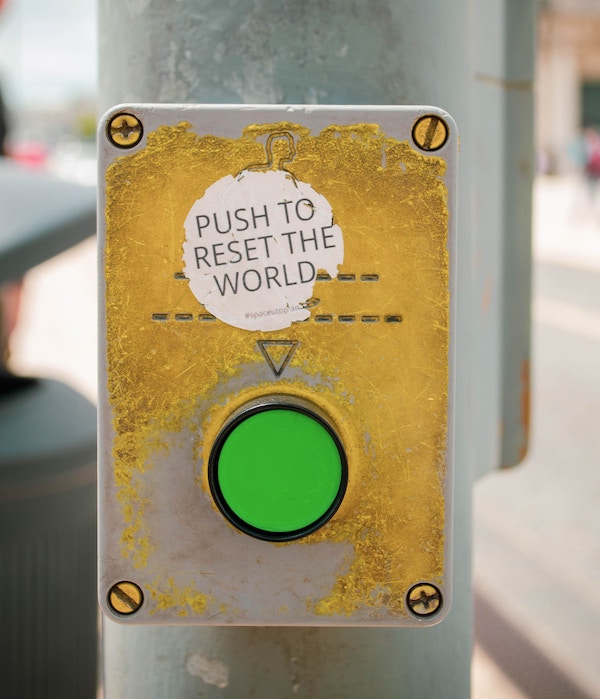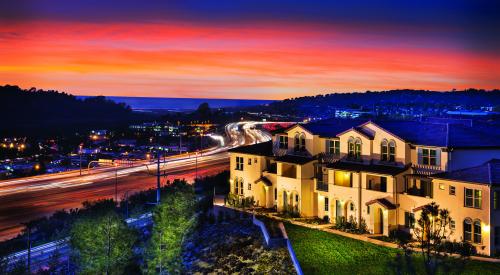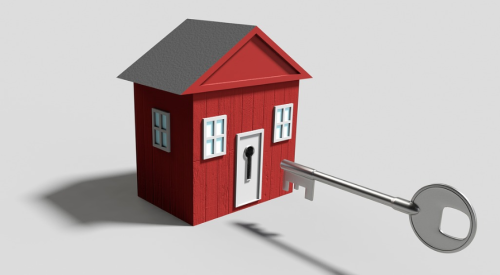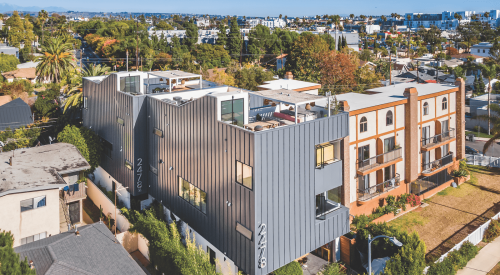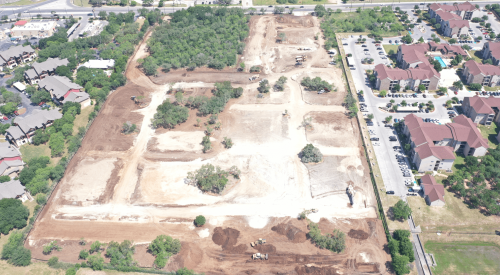The percentage of homeowners is at its lowest level since the 1960s. A growing share of single-family rental homes are owned and managed by large corporations, real-estate firms, and financial institutions. This transition of ownership is called the Great Reset by Richard Florida, co-founder and editor at large at CityLab and a professor at University of Toronto’s School of Cities and Rotman School of Management.
It’s a product of the Great Recession when homeowners lost their houses to foreclosure or had to sell at a fraction of the properties’ value. Then, large corporations, real-estate investors, and financial institutions swooped in and bought these single-family homes at bargain-basement-prices. Now they rent these properties typically at the high-end of market rate rents and occasionally come under scrutiny for slow or lack of upkeep.
In a twist that is both ironic and disturbing, the Great Reset turns out to be more than just a simple shift from owners of single-family homes to renters of urban apartments. It has been bound up with the broader financialization of housing—the transformation of housing from shelter into yet another investment vehicle, Florida writes.
Just as high-priced condos in expensive cities have become a new kind of asset for large companies and wealthy foreigners, so too have larger and larger numbers of single-family homes been turned into investment vehicles for large corporations. For a growing number of families, the American Dream of owning their own home and the wealth and financial security that comes from it have given way to renting a place to live from a mega-corporation.
